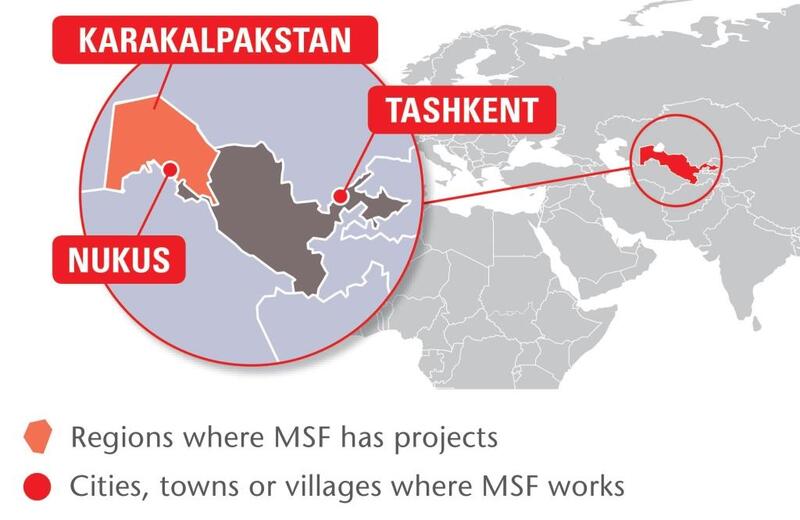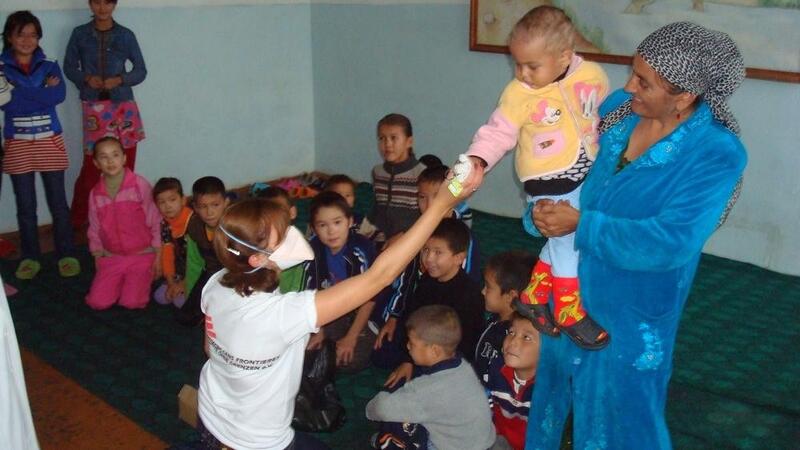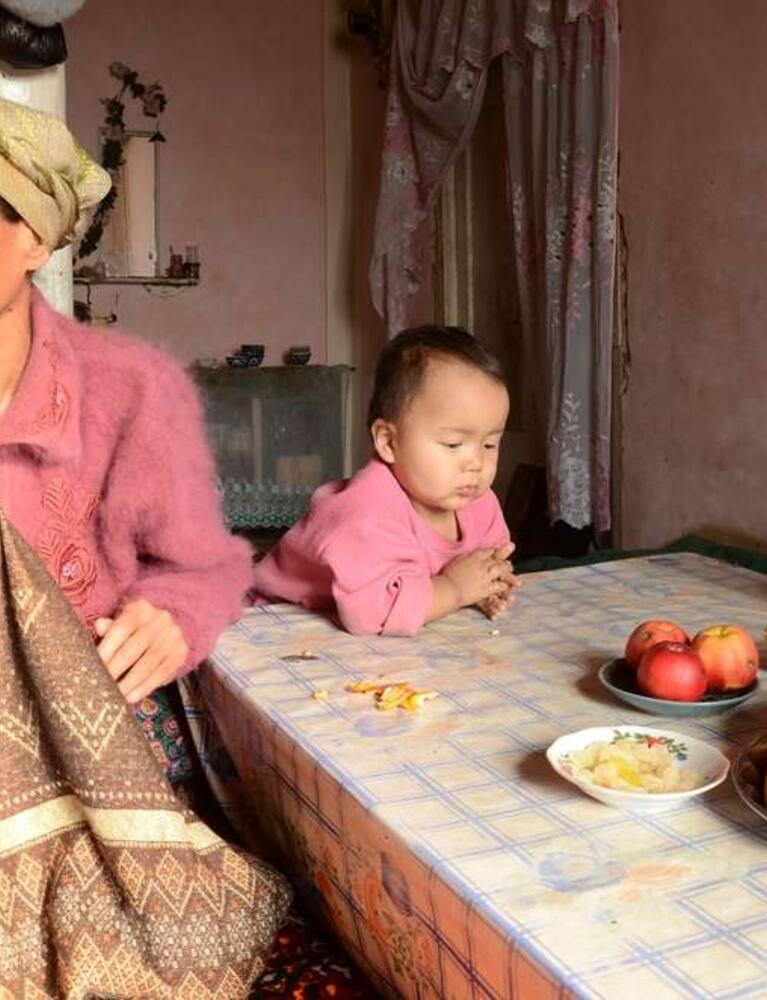Uzbekistan was once at the heart of the ancient Silk Road trade route connecting China with the Middle East and Rome.

In 1991, Central Asia’s most populous country emerged from more than 200 years of Russian rule as an independent state. From 1989 to September 2016, the country had been ruled by President Islam Karimov.
Médecins Sans Frontières/Doctors Without Borders (MSF) has worked in Uzbekistan since 1997 and continues to work to improve the quality and availability of treatment for tuberculosis (TB), which has high levels of the drug-resistant form of the disease.
MSF’s work in Uzbekistan: 2015
MSF is currently implementing and evaluating a shorter treatment regimen for multidrug-resistant tuberculosis (MDR-TB) in Uzbekistan, lasting nine months instead of the usual two years.
The medical outcomes from this shorter regimen will be published in 2016. MSF also hopes to start a clinical trial in the country in 2016, combining the first new TB drugs available in over 50 years with existing drugs to treat drug-resistant forms of the disease.
Both of these initiatives reflect MSF’s drive to develop shorter, more effective and more tolerable treatment regimens for people suffering from TB.
[[nid:426]]
TB programme in Karakalpakstan
In the Autonomous Republic of Karakalpakstan, we continue to run the long-standing ‘comprehensive TB care for all’ project with the regional and central health ministries.
This project provides access to outpatient care, rapid diagnostic tests and a comprehensive support programme, including education, psychosocial support, and food packages for those on low income or suffering weight loss.
The goal is to ensure patients’ adherence to treatment and to help them manage the sometimes severe side effects of their medication, and to prevent the spread of the disease.

HIV treatment in Tashkent
In the capital, Tashkent, we support the Tashkent City AIDS Centre to increase access to diagnosis and treatment for people living with the disease.
In 2015, the team started over 700 patients on antiretroviral treatment, and offered counselling and screening for opportunistic infections (infections that occur more frequently and are more severe in individuals with weakened immune systems, such as those with HIV).
In 2016, the project will begin treating patients who are co-infected with hepatitis C.
Find out more in our 2015 International Activity Report.




